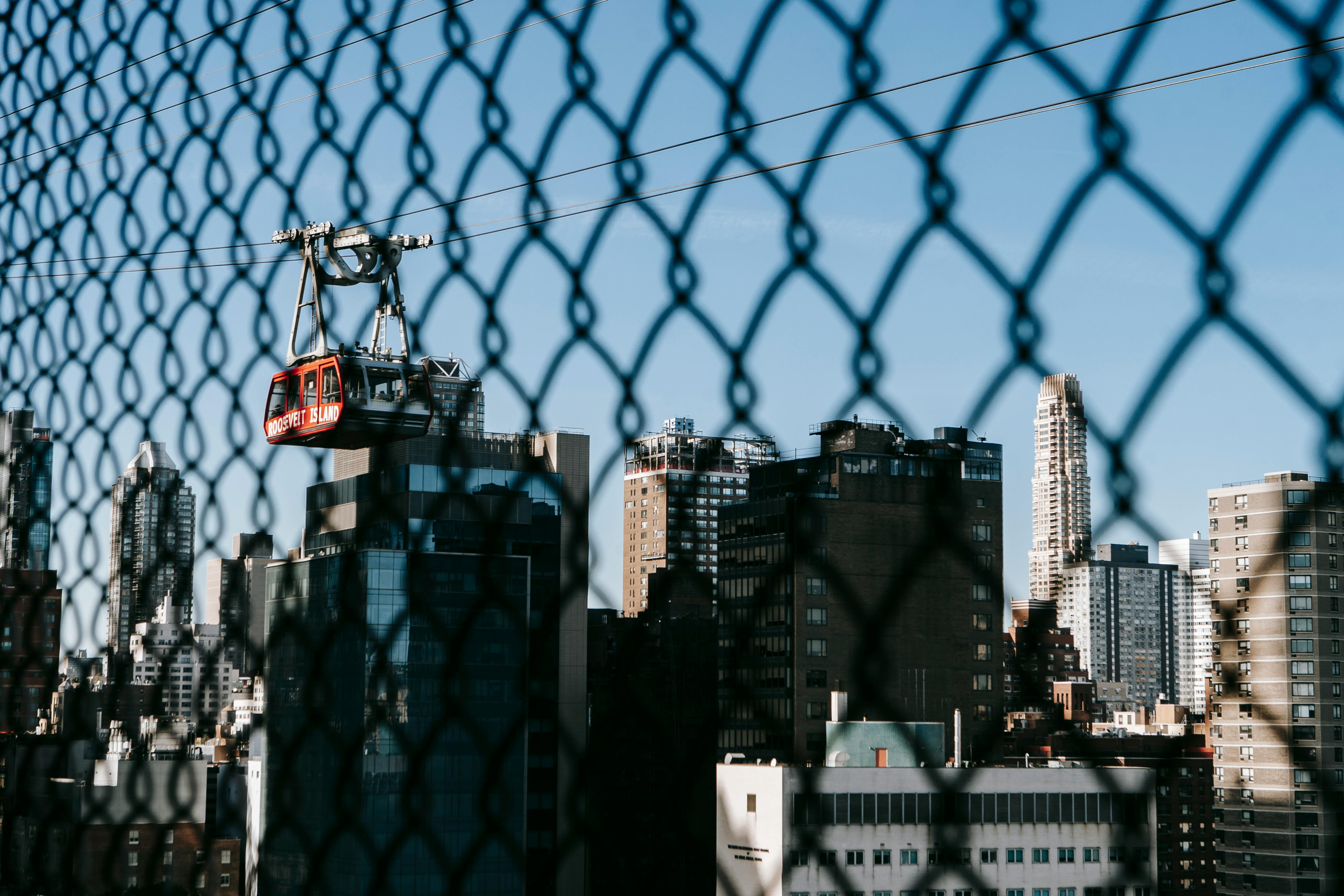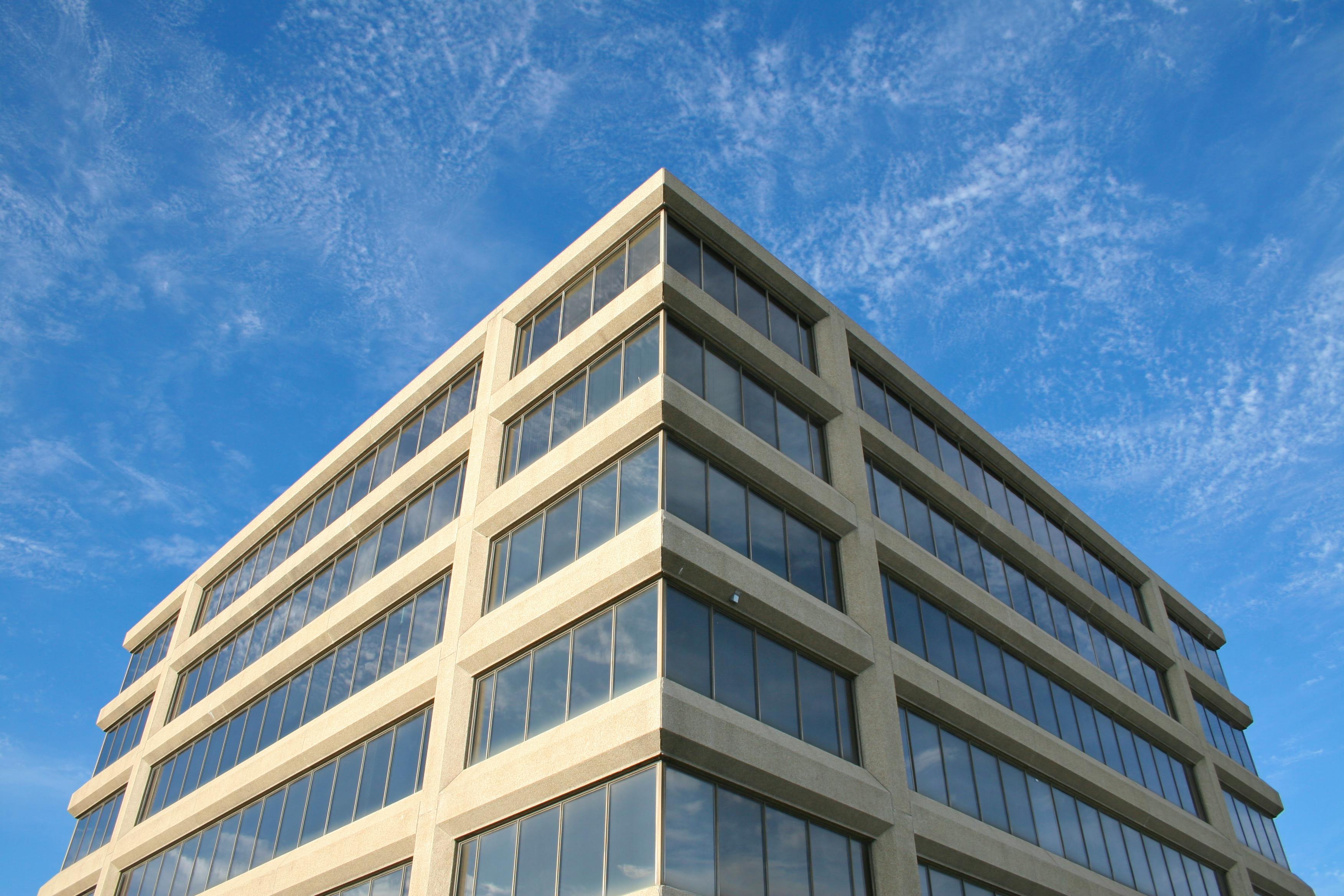Knowing what makes a property valuable and being able to accurately estimate a property’s value is essential to a profitable real estate investment. In recent years, a popular approach has been to find a structurally sound, but aesthetically poor property, and give it a coat of paint and a bit of landscaping. This is an effective approach and a great way for beginners to get into the game, but when it comes to commercial property, things aren’t always that simple.
Take two commercial properties with the same characteristics, built in the same year, in practically the same area. The natural assumption would be to think that both are worth the same amount, however there can be a significant difference in the values of the two properties and it is based on one key factor. Namely, the lease of the property, or multi-unit leases. Anyone with experience in rental properties knows the importance of having good tenants and avoiding bad ones, but in the case of commercial properties, just having a good tenant is not enough. Residential properties essentially have one type of lease with different lengths of time, with commercial real estate there are actually several different types of leases possible, and leasing the property can have a real effect on property value.
One of the reasons that true commercial real estate, not counting large apartment complexes, is often preferred by investors over residential real estate is because of the differences in lease agreements. Residential leases tend to be fairly standardized and also favor the resident over the owner, depending in part on local laws. This is because the average apartment renter is not a seasoned real estate professional and will hopefully not use the property for anything exotic or unusual. However, when the tenant is a business or doctor’s office, retail store, or restaurant, leases become more complicated. These businesses require specialized floor plans, equipment, parking, and other custom features, many of which will be the direct responsibility of the tenant. Additionally, apartment renters are often college students, young married couples, or generally people planning to move as soon as a few months; Businesses, on the other hand, need to stay in one place for several years to establish themselves well. and build a strong employee base. The resulting combination of these factors is that commercial leases are often for longer periods of time, give the landlord at least a level playing field with the tenants, and often do not require the landlord to pay for any repairs or even maintenance. .
For a less experienced investor it can be difficult to fully appreciate the importance of a good lease, the importance lies in the fact that an investment property is purchased primarily for its income. Therefore, the higher the income from the property, the higher its value, that being said, income stability is also an important factor, as is the degree of direct management the property will require. Also, the amount of time left on a lease can greatly affect the value of the property, for example, a bad tenant with only a few months left on their lease may not be such a big deal after all. It’s not just the remaining time on the lease that comes into play, but commercial leases will often include some type of right to renew the lease, sometimes on the same terms as before, sometimes with the terms changed in advance. This can be especially valuable if the tenant is unable to move out and the renewal allows or specifies a rent increase. A high vacancy rate or a poorly structured lease that gives the tenant too much leeway could even be enough to prevent the deal from being financed, as many banks and most investors fear their money will be trapped. on a losing property.
When considering buying a new property or renting an existing property, there are some key elements to keep in mind to get the most out of the least, remember that the lease that pays the most may not be the most profitable. A high-paying tenant with only a few months left and no reason to stay in the property is not a very valuable lease. While it may not be so obvious, the presence of additional costs not paid by the tenant could damage the value of the property, most owners would be willing to pay a premium for a property that requires little or no administration. Tenant improvements, sometimes called IT, can affect value if they need to be removed or modified for a new tenant to move in. Depending on the nature of the property, office buildings for example, it may be wise to allow subletting, however make sure the lease allows some control over the selection of the sublessor or the property could suffer considerably as its tenants could don’t stand as an expert in successfully managing the property.
Aside from the word about leases, you always have to read them very carefully; it would be worth hiring a good real estate attorney just to review potential leases. Often a lease, or any other legal document, can seemingly say one thing at the beginning and contradict it at the end, or even be buried in the middle. Also look for other factors in the lease that might otherwise be overlooked, such as the amount of the security deposit and whether or not it is returned to the tenant. This single piece of information can not only influence the profitability of the lease, or even affect the financing; it can also act as a good way to screen tenants. Look at the lease from a worst-case scenario, if the tenant goes out of business, how are you as a landlord protected? Is there any protection at all? In a good lease, all or most of the remaining lease expires in the event the tenant’s business goes bankrupt or vacates. For many investors, the lease itself is what creates the value, and the property is only there for the tenant.

